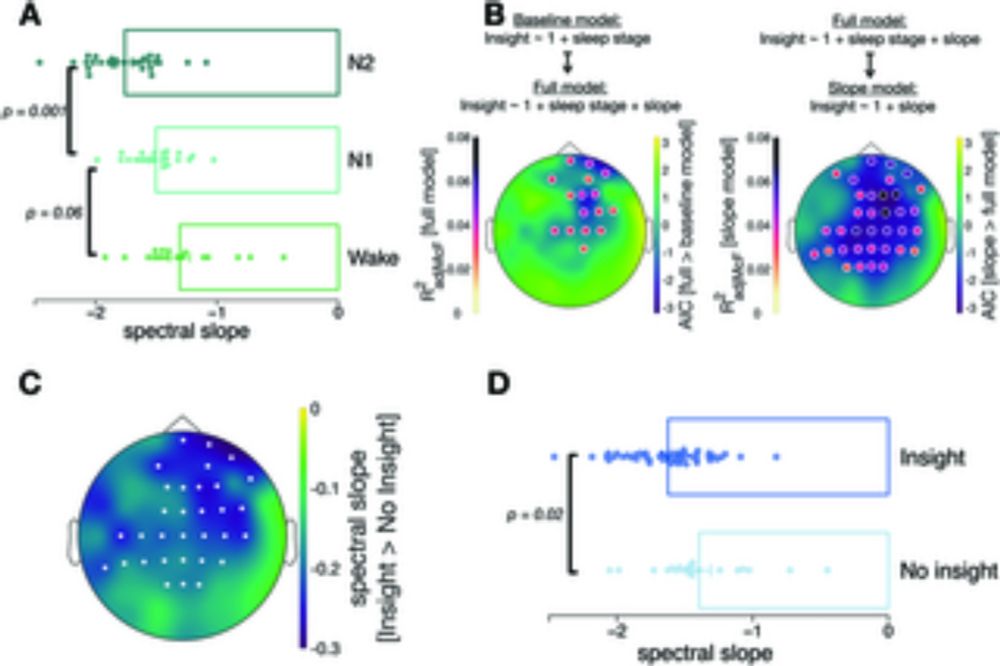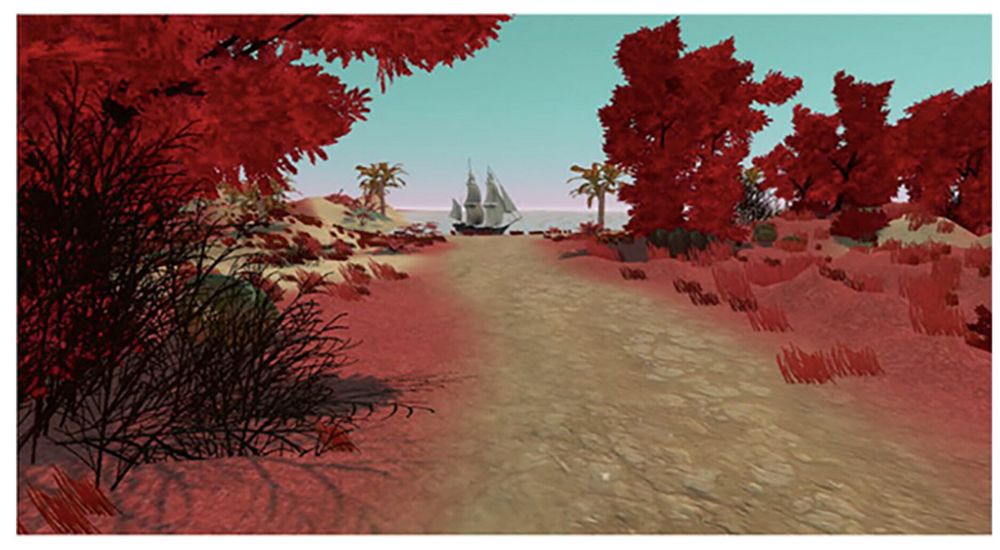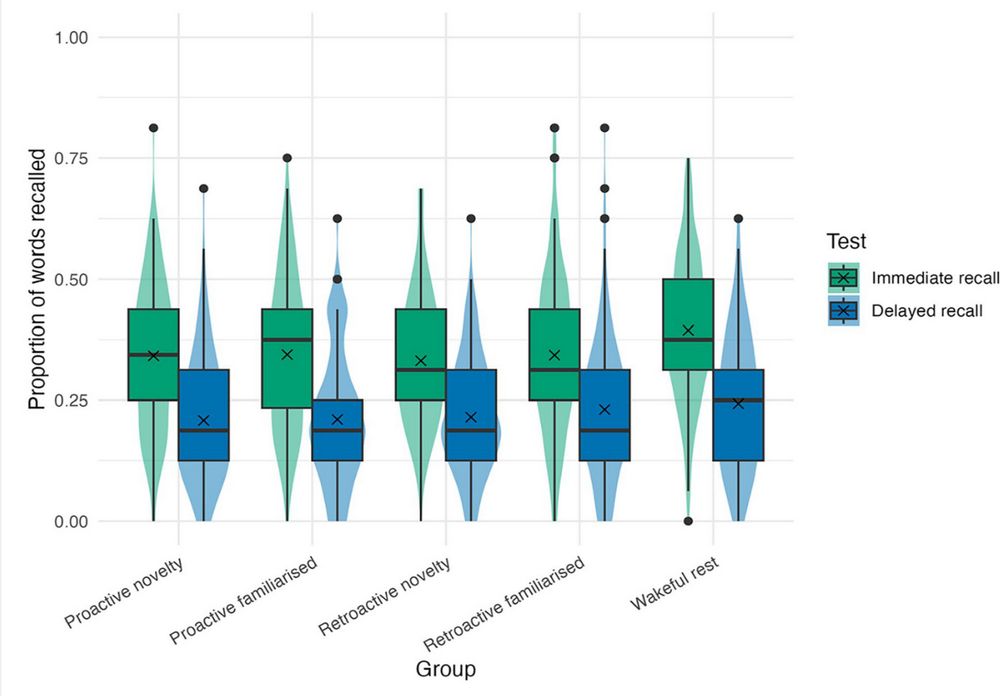Nicholas Menghi
@nichome.bsky.social
250 followers
490 following
13 posts
Postdoc @mpicbs.bsky.social, interested in Generalization, Transfer Learning, Cats and Pirates
Posts
Media
Videos
Starter Packs
Reposted by Nicholas Menghi
Reposted by Nicholas Menghi
Reposted by Nicholas Menghi
Qiaoli Huang
@qiaoli-huang.bsky.social
· Aug 26

Efficient coding in working memory is adapted to the structure of the environment
Working memory (WM) relies on efficient coding strategies to overcome its limited capacity, yet how the brain adaptively organizes WM representations to maximize coding efficiency based on environment...
www.biorxiv.org
Reposted by Nicholas Menghi
Nico Schuck
@nicoschuck.bsky.social
· Aug 22

Replay in the human visual cortex during brief task pauses is linked to implicit learning of successor representations | PNAS
Humans can implicitly learn about multistep sequential relationships between events
in the environment from their statistical co-occurrence. Theore...
www.pnas.org
Nicholas Menghi
@nichome.bsky.social
· Aug 11
Nicholas Menghi
@nichome.bsky.social
· Aug 11
Nicholas Menghi
@nichome.bsky.social
· Aug 11
Reposted by Nicholas Menghi
Reposted by Nicholas Menghi
Harrison Ritz
@hritz.bsky.social
· Jul 27
Reposted by Nicholas Menghi
Daniel Kluger
@danlikesbrains.bsky.social
· Jun 30

Respiration as a dynamic modulator of sensory sampling
Respiration dynamically modulates sensory perception by orchestrating transient states of the brain and the body. Using simultaneous recordings of high-density magneto-encephalography (MEG), respirati...
www.biorxiv.org
Reposted by Nicholas Menghi
Reposted by Nicholas Menghi
Nico Schuck
@nicoschuck.bsky.social
· Jun 26

N2 sleep promotes the occurrence of ‘aha’ moments in a perceptual insight task
Sleep supports memory consolidation, but can it also facilitate memory reorganization? This study reveals that N2 sleep, but not N1 sleep during a nap, increases the likelihood of having an 'aha' mome...
dx.plos.org
Reposted by Nicholas Menghi
Shrey Dixit
@shreydixit.bsky.social
· Jun 25

Who Does What in Deep Learning? Multidimensional Game-Theoretic Attribution of Function of Neural Units
Neural networks now generate text, images, and speech with billions of parameters, producing a need to know how each neural unit contributes to these high-dimensional outputs. Existing explainable-AI ...
arxiv.org
Reposted by Nicholas Menghi
Janis Keck
@keckjanis.bsky.social
· Jun 25

Impact of symmetry in local learning rules on predictive neural representations and generalization in spatial navigation
Author summary The hippocampus is a brain region which plays a crucial role in spatial navigation for both animals and humans. Contemporarily, it’s thought to store predictive representations of the e...
doi.org
Reposted by Nicholas Menghi
Salma Elnagar
@salmaelnagar.bsky.social
· Jun 19
Reposted by Nicholas Menghi
Simon Kern
@skjerns.de
· Jun 16
Reposted by Nicholas Menghi
Reposted by Nicholas Menghi
Volker Reisner
@reisnerv.bsky.social
· May 22

Re-enacting steps supports human path integration consistent with motor-corrected grid cell drift
Efficient navigation, especially in the absence of vision, requires path integration - the continuous updating of spatial position from self-motion cues. However, path integration is prone to cumulati...
www.biorxiv.org
Reposted by Nicholas Menghi









